Bio-Technology, Cleanroom News, Cleanrooms
Nootropics and the Testing of Cognitive Biohackers
Back in 2011, a ‘wild card’ movie based on The Dark Fields, a science fiction novel by Alan Glynn, hit the box office to unexpected success. Grossing more than $160 million on a slender $27 million budget and starring Hollywood icons Robert De Niro and Bradley Cooper, the narrative follows writer Eddie Morra as he wrestles his novel to completion. As the viewer learns, part of Morra’s challenge is that he finds himself unable to focus and lacks mental clarity. He also has a problem with his memory. The movie was called…Wait, the name escapes us for the time being and we’ll have to look it up.
Limitless – thank you, Google – it seems our memory could use a little sharpening too… So, Limitless asks the question: What would you do if you could access all of your brain? What would you achieve if you were able to leverage the full power of your mind instead of the small percentage to which we naturally have conscious access? And in true Hollywood style, the results are just what you might expect. When Morra comes into possession of a new drug, NZT-48 he develops both a perfect recollection of everything he has ever read and a significant boost of his interpersonal skills. Finishing the troublesome novel in record time, he turns his attention to the stock market, quickly achieving amassing a large personal fortune and elevated social status. But success comes at a price and Morra inevitably becomes dependent upon the drug. For all of the twists and turns, check out the movie itself, but for our purposes, let’s take a look at what the fictional NZT-48 actually stands in for: nootropics.
As we wrote in our previous article on functional foods, ‘nootropics are defined as well-known compounds or supplements that enhance the cognitive performance.
They work by increasing the mental function such as memory, creativity, motivation, and attention.’(1) So for our cinematic ‘hero,’ NZT-48 allows him to, as film critic Roger Ebert remarked, put ‘his entire brain online [such that he] knows intuitively how to handle situations that used to baffle him [and] is hailed as the Wall Street guru of the age.’(2)
And, who would not want this level of cognition? If you’re thinking ‘Sign me up!’ the good news is that, unlike many of the narrative props in Hollywood’s sci-fi offerings, these substances do exist. For centuries, natural memory enhancers have traditionally been sourced from ginseng and gingko, but a renewed demand for precision targeted pharmaceuticals is spurring a growth in manufacturers willing to develop the next generation of drugs. One of these manufacturers, Chemi Nutra, part of the Chemi S.p.A parent company based in Milan, Italy, is promoting two products – AlphaSize® Alpha GPC and SerinAid® PhosphatidylSerine (PS) – which it says will ‘offer exciting, science-based health benefits for people of all ages.’(3) Let’s take a closer look…
AlphaSize® Alpha-Glyceryl Phosphoryl Choline (A-GPC) is a ‘choline donor’ that significantly increases bioavailable acetylcholine levels in the brain. Acetylcholine is a neurotransmitter and neuromodulator that not only enhances memory but also supports learning, attention, and alertness, while playing an important role within the central-, peripheral-, and autonomic nervous systems. According to Neurohacker Collective, a group of medics, biohackers, and health-focused scientists, the release of this organic compound modulates memory ‘from working memory to long-term memory, and different phases of memory, from memory formation to consolidation and retrieval.’(4) In addition, acetylcholine does this ‘by supporting hippocampal and cortical synaptic plasticity—the ability for strengthening or weakening of signaling between neurons over time to shape learning and memory. Acetylcholine can increase glutamatergic synaptic transmission and enhance the induction and the magnitude of the subset of plasticity called long-term potentiation (LTP).’(5) Put simply, it enhances the creation of stronger synaptic connections between neurons which are frequently activated in response to stimuli. In other words, it establishes neural pathways. Similarly, one of Chemi Nutra’s other products, SerinAid® PhosphatidylSerine (PS), is said to aid in mitigating memory loss (especially when associated with age) and in reducing levels of cortisol, a catabolic stress hormone, which in turn reduces stress. In addition, for other target markets PS is promoted as an ergogenic aid (a performance-enhancer), assisting in improving athletic performance and speeding up recovery after strenuous activity.
And although we so often default to a skeptical position when it comes to the purported health benefits of supplements, it does seem that Chemi Nutra has engaged in research and product testing. According to the corporate website, for instance, ‘PS is extremely well documented, and has been researched in more than 40 human clinical trials over a period of more than 30 years in research studies throughout the world. More than 20 placebo controlled clinical trials have consistently proven that PS has considerable value as a dietary supplement, and that the normal diet provides an insufficient amount of PS.’(6) But apart from clinical trials, what other means do we have of ensuring that products such as these are safe for use? Let’s talk about HPLC…
High Performance Liquid Chromatography (HPLC) is, in essence, an improved and more sensitive type of column chromatography, whereby a solvent is passed through an adsorbent under the force of gravity.
HPLC is more efficient than its parent technique insofar as it uses a pump to drive the solvent through a material such as silica or a polymer at high pressure – perhaps up to 400 atmospheres. Widely used in cleanrooms and research laboratories, the test quantifies and verifies the individual ingredients in a given sample either via Normal-Phase HPLC or the more commonly used Reversed-Phase HPLC. In the former, the column through which the sample passes is just 4.6mm in diameter and 150 to 250mm in length and is filled with silica and a non-polar solvent such as hexane. The rate at which individual components of the test sample pass through the column will reveal their polar/non-polar status, with polar compounds adhering longer to the (polar) silica than their non-polar counterparts. In Reversed-Phase HPLC the silica particles that function as adsorbents are modified with long hydrocarbon chains such that they become non-polar. A polar solvent such as a diluted methanol replaces the hexane and polar compounds pass more rapidly through the column due to the attraction between the polar solvent and the polar molecules within the test substance. Through Van der Waals forces, non-polar molecules are attracted to the hydrocarbons and their progression through the column is slowed down.
According to Nootropics Depot, an online retailer of dietary supplements and nootropic compounds, HPLC is used in verifying the purity of all ingredients in its branded products, the spectrum of which covers adaptogens, nootropics, fish oils, mitochondrial supports, and choline supplements.
For the company, in-house testing includes Fourier Transform Infrared Spectroscopy (FTIR), Near-Infrared Spectroscopy (NIRS), Ultraviolet-visible Spectroscopy (UV-VIS), polarimetry, titration, and melting point analysis. To that end, Nootropics Depot maintains its own ISO-3 cleanroom facility and outsources other analytical test procedures to third-party laboratories when necessary. Partner, Alkemist Labs in California offers microscopy to detect possible contamination from fillers, incorrect ingredients, and extracts in addition to supplying Composite Reference Botanicals – custom blends of specified botanics that can act as a standard for their clients’ in-house testing. A second partner used by Nootropics Depot, Mérieux NutriSciences based in Chicago, IL, offers a bigger picture view of supply chain management and environmental monitoring programs in addition to their portfolio of traditional product/ingredient testing services.
So, in terms of this particular vendor, all seems well. But let’s remember that analysis of ingredients – whether through HPLC or other methods – has its own limitations. Techniques that establish the identity and quantify the purity of a substance do not guarantee the proper handling of that substance nor the standards of sterility or cleanliness within a manufacturing facility. To that end, measurements of Total Organic Carbon (TOC) are taken to ensure the lowest level possible. Why is this important? It’s because organic carbon can be a food for bacteria, allowing contaminants to proliferate, and also because high levels of TOC can be an early indication of blocked or even malfunctioning filtration systems.
And when bacterial contamination is detected, it is not only important to render the pathogens non-viable, but also to actively remove their remains.
While bactericides will kill a target population, bacterial bodies remain and, upon decay, some Gram-negative bacteria release lipopolysaccharides, endotoxin molecules on their outer membrane that normally protect the bacterium from attack by its host. One of these lipopolysaccharides, Lipid A, is a pyrogen – a substance that elevates the temperature within the human body. When enough pyrogens are present, the increase in temperature can result in a fever, a dangerous scenario if the health of the affected person is already compromised.
So how do we test for acceptable levels of TOCs and how can a consumer be sure that analysis has been undertaken?
One of the best, and simplest, modes of defense against bacterial contamination is the regular and consistent use of sampling and cleaning validation swabs. Using a product such as Lab-Tips® Low-TOC Swab, which is engineered from knitted polyester, gets impressive results while offering a low level of particulate matter, non-volatile residues, and ions. Moreover, each lot is certified with TOC levels below 50ppb. And as far as consumer confidence in testing goes, some nootropic vendors post their Certificates of Analysis (COA) publicly for interested parties to review. Typically a COA will include the product name, batch number, production date, and validation method and, where appropriate, may include details such as appearance, taste, and odor. And for vendors who do not post COAs? Perhaps it is worth taking a closer look at their manufacturing protocols…
Which is, of course, what the US Food and Drug Administration (FDA) did when it noted marketing by the online-only retailer, Peak Nootropics LLC. Also known as Advanced Nootropics, the company sells products such as Adrafnil, Noopept, and Rhodalia Rosea, among others, to the health and wellness sector and ran foul of the FDA in marketing its wares in a way that better describes them as as drugs, not supplements. According to Federal Food, Drug, and Cosmetic Act (the Act) [21 U.S.C. § 321(g)(1)(B) and/or (g)(1)(C)], any substance ‘intended for use in the cure, mitigation, treatment, or prevention of disease and/or because they are intended to affect the structure or any function of the body’ is classed as a drug. Furthermore, because some of the items are not generally regarded as safe (GRAS) they are considered ‘new drugs’ and as such require FDA approval before being ‘legally introduced or delivered for introduction into interstate commerce.’(7)
With that said, according to the warning letter sent from the FDA in February this year, the main issue for Peak Nootropics was the ‘misbranding’ of products ‘under section 502(f)(1) of the Act [21 U.S.C. § 352(f)(1)].’(8) Insofar as drugs must bear ‘adequate directions for use,’ the agency contended that Peak Nootropics’ products fail to do so in a manner that the average consumer would fully comprehend. And given that much of the information available on the retailer’s website describes the products in reference to their associated ailments (Alzheimer’s Disease, osteoporosis, fibrosis, et cetera), self-diagnosis and self-treatment of these conditions are not medically indicated. Notably however, nowhere in the agency’s warning letter does the question of contamination or concerns regarding quality arise – the violations are simply related to marketing and a failure to comply with the Act.
For the purposes of our discussion on contamination control, this is less about debating product efficacy and more about highlighting the importance and complexity of testing procedures.
Alan Glynn, author of the book on which the movie Limitless is based, described his tale as that of ‘a pharmaceutical Faust.’(9) Equally, Roger Ebert took up the same theme in commenting ‘it’s the collision of an anti-drug morality tale and an anti-hubris morality tale, the aforementioned Faustian bargain’ which does seem very apt. Outside of the world of Hollywood, nootropics as a means of biohacking still have everything to prove: do compounds such as Alpha GPC or Citicoline actually accelerate learning? While governmental oversight agencies such as the FDA may be skeptical, some users of the products firmly attest that they do. But regardless of an individual’s position on the use and efficacy of brain-hacking compounds, as long as manufacturing standards of contamination control are exemplary, protocols are assiduously followed, and quality is assured through rigorous testing procedures such as HPLC and TOC, product safety as it relates to public health is arguably our only real concern.
What do you think? Do you use these kinds of supplements yourself? Should agencies like the FDA have stronger control over the development of new nootropic products? Or is it sufficient to confine governmental interactions to product marketing and branding? We’d love to know your thoughts!
References:
- https://food-contact-surfaces.com/2019/05/the-euphoric-alchemy-of-botanical-beverages/
- https://www.rogerebert.com/reviews/limitless-2011
- http://www.cheminutra.com/
- https://neurohacker.com/what-is-acetylcholine
- ibid
- http://www.cheminutra.com/serinaid/
- https://www.fda.gov/inspections-compliance-enforcement-and-criminal-investigations/warning-letters/peak-nootropics-llc-aka-advanced-nootropics-557887-02052019
- ibid
- https://www.theverge.com/2015/9/20/9353913/limitless-movie-bradley-cooper-cbs-tv-show




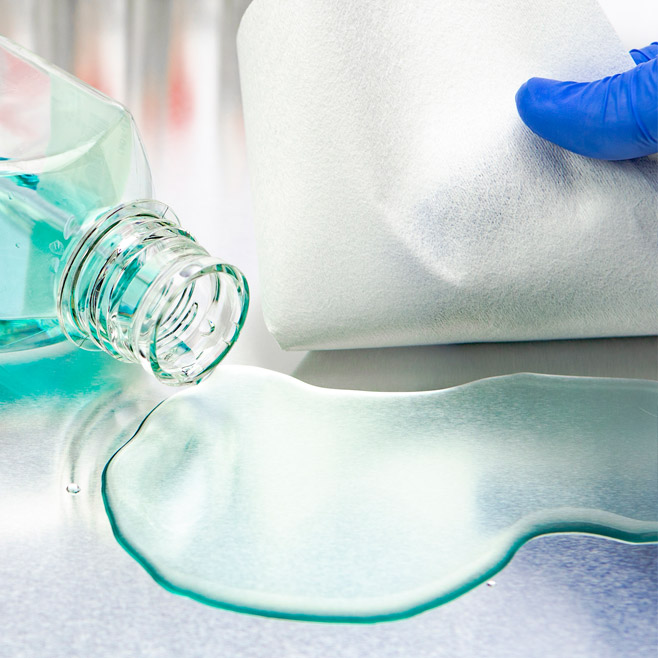
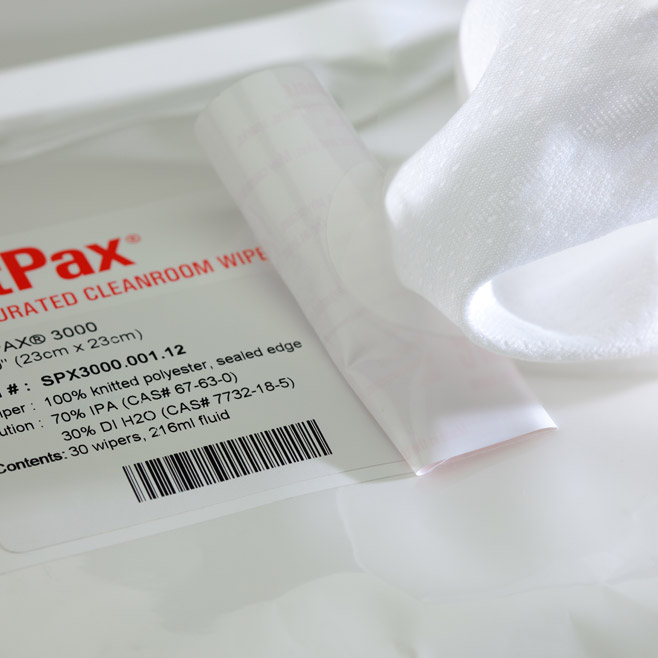
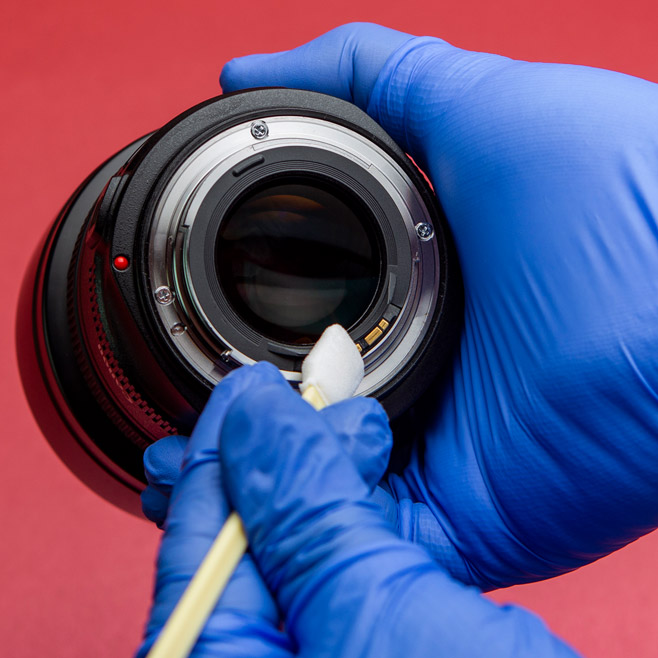
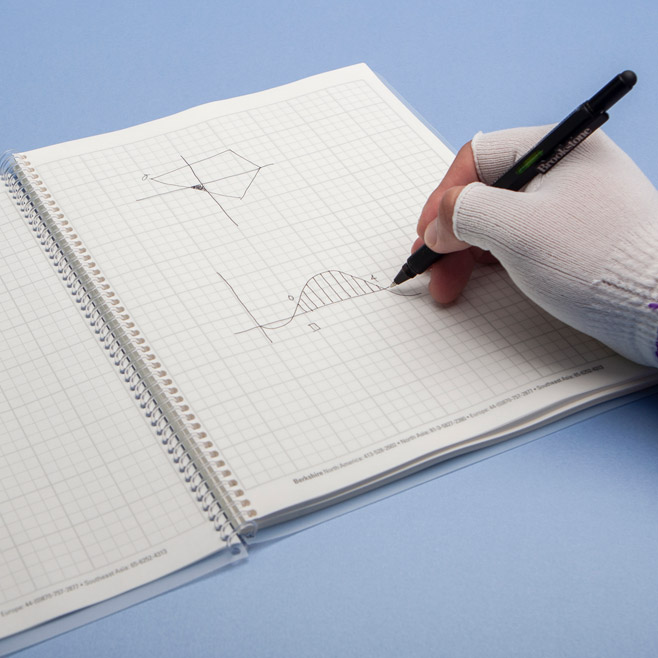

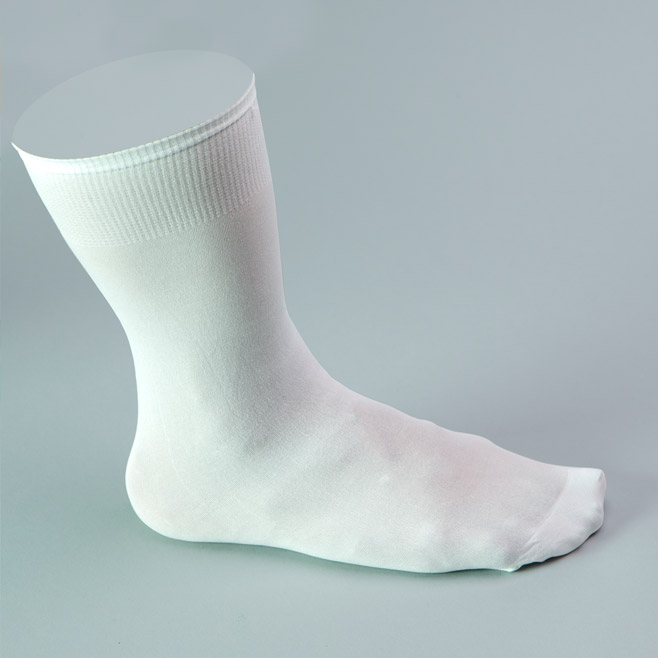
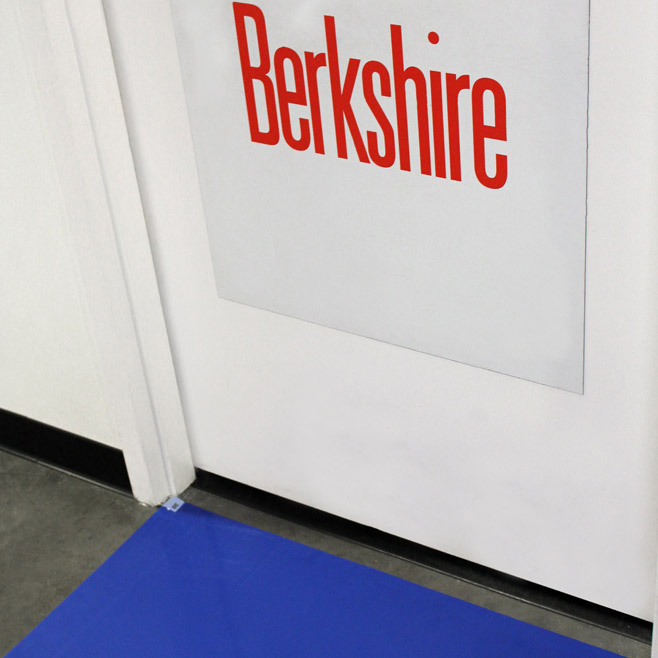

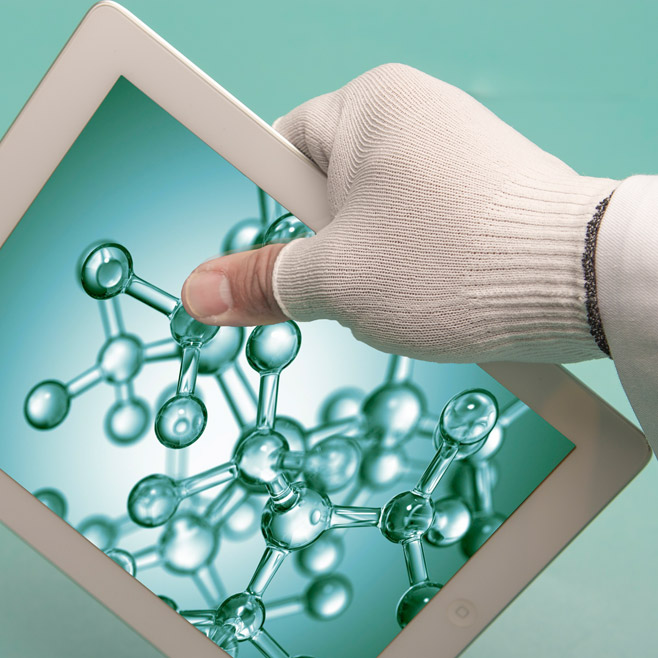
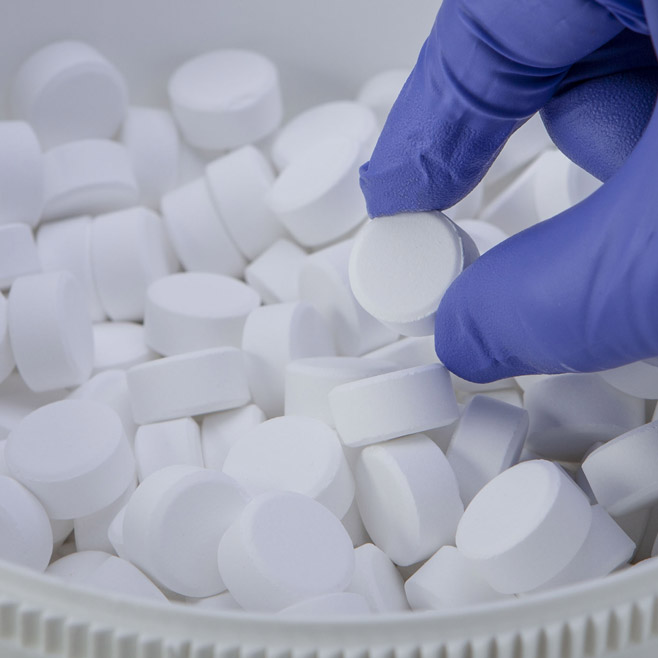

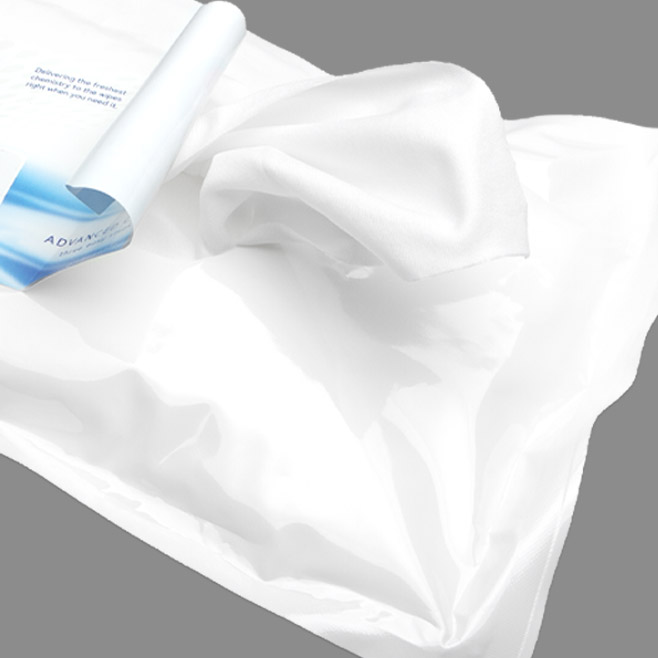


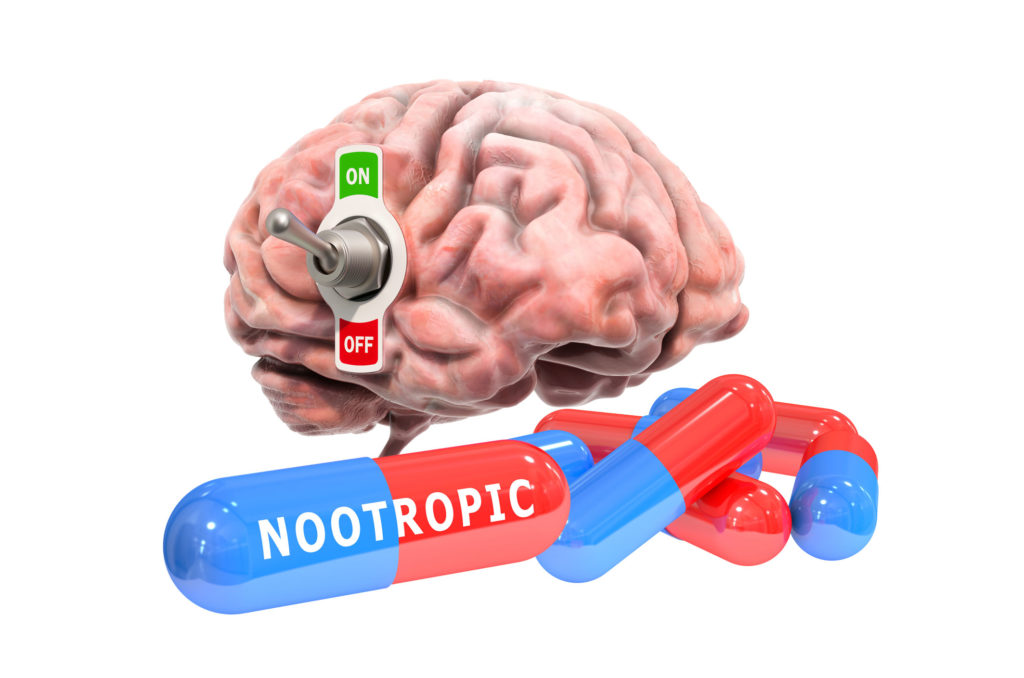

Pingback: Undeclared: Exploring Less Traditional Careers in Healthcare – NextStepU